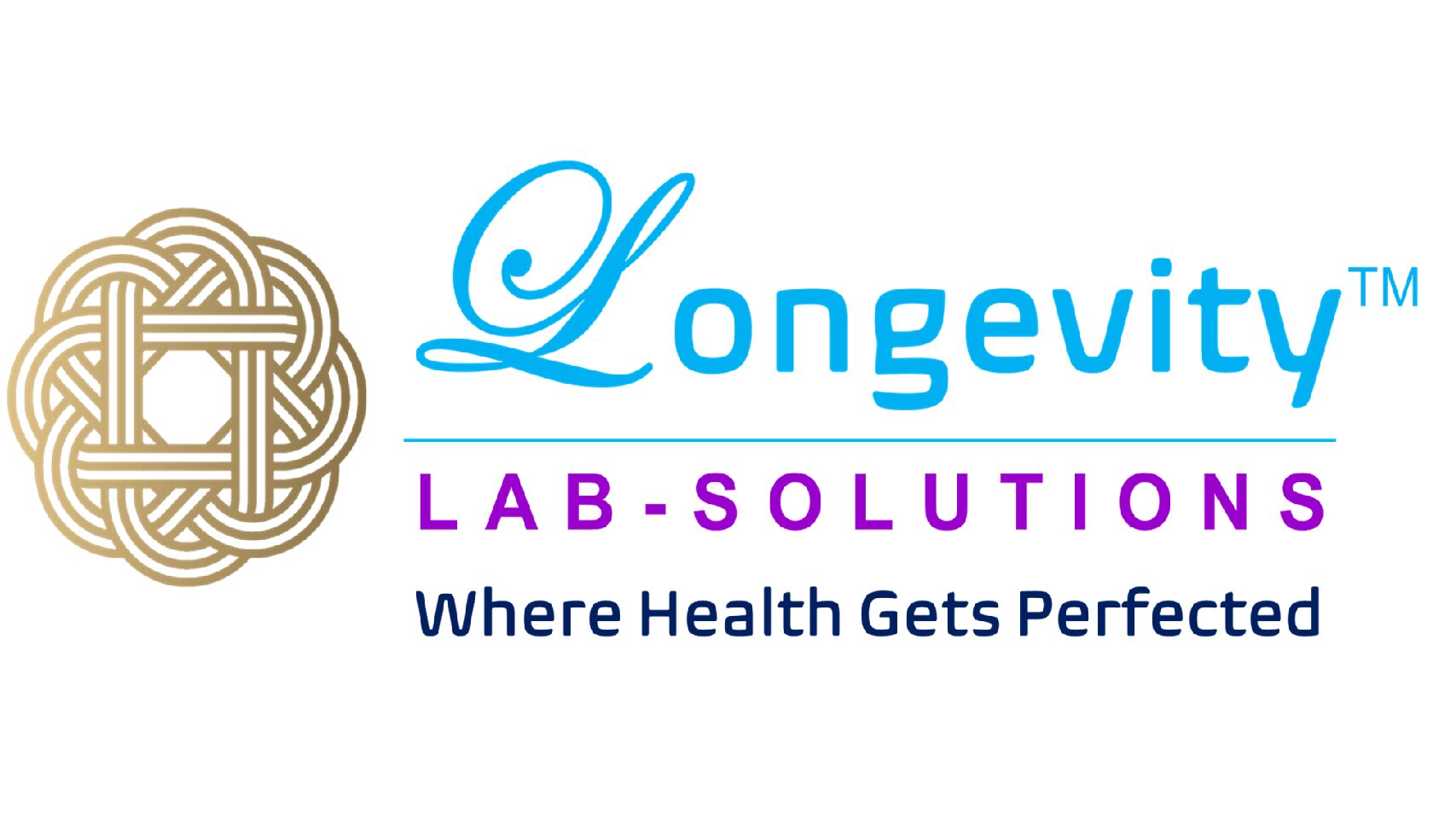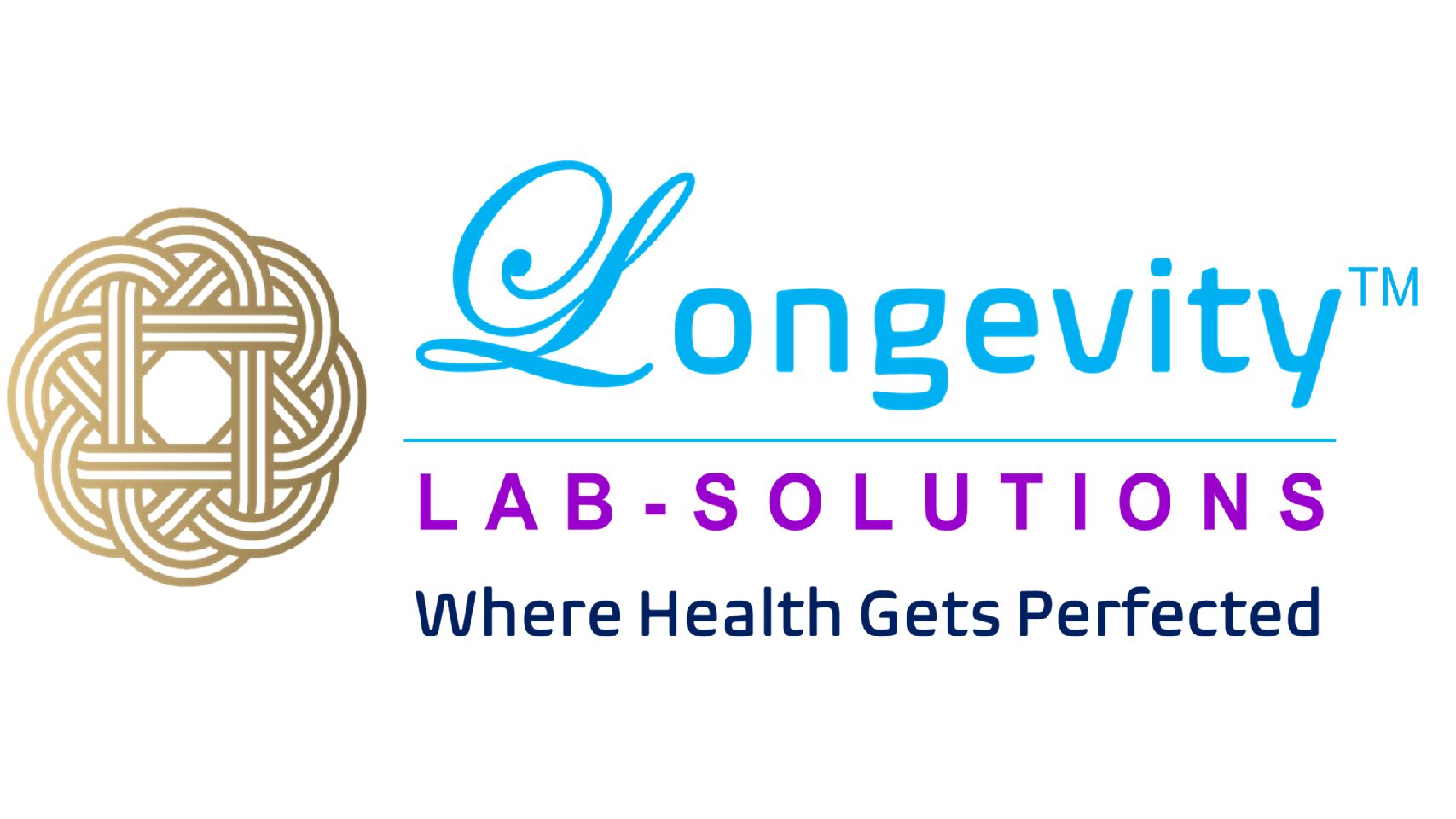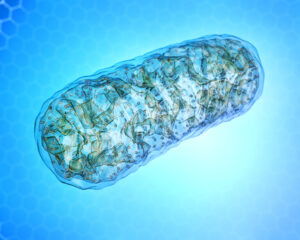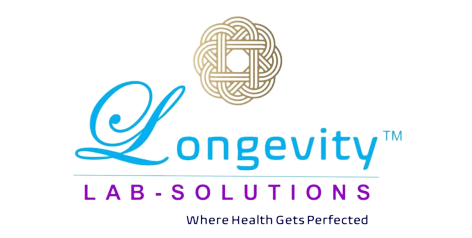Longevity Cancer Tumor Markers Blood Test
$299.00
While advances in cancer treatments have increased survival rates and thus contributed to greater longevity, aging itself is one of the most significant risk factors for developing cancer.
- Accumulation of Genetic Damage: Over time, the DNA in our cells can become damaged due to factors like exposure to toxins, radiation, certain viruses, or simply the errors that occur when cells divide. This DNA damage can lead to mutations that cause cells to grow and divide uncontrollably, which can result in cancer. The longer we live, the more opportunities there are for these mutations to accumulate.
- Immune System Changes: As we age, our immune system’s ability to detect and eliminate cancer cells can decrease. This means that cancer cells may be able to survive and proliferate more easily in older individuals.
- Lifestyle Factors: Many of the lifestyle factors that can increase cancer risk, such as tobacco use, alcohol consumption, poor diet, and lack of physical activity, can also have cumulative effects over time. Therefore, these factors can both decrease longevity and increase cancer risk.
- Chronic Inflammation: Aging is often associated with increased levels of chronic inflammation, which can contribute to cancer development.
- This test measures certain tumor markers found in blood. A tumor marker is anything present in or produced by cancer cells or other cells of the body in response to cancer or certain benign (noncancerous) conditions that provides information about a cancer, such as how aggressive it is, what kind of treatment it may respond to, or whether it is responding to treatment.
14 Analytes Tested: Alpha-FetoProtein (AFP), Human Chorionic Gonadotropin (HCG), Carcinoembryonic Antigen (CEA), Neuron-Specific Enolase (NSE), Beta-2-Microglobulin (B2M), CA 125 (Cancer Antigen 125), CA 15.3 (Cancer Antigen 15.3), CA 27.29 (Cancer Antigen 27.29), CA 19.9 (Cancer Antigen 19.9), Prostate-Specific Antigen (PSA) Total & Free, Lactate Dehydrogenase (LDH), Calcitonin, Thyroglobulin.
Description
While advances in cancer treatments have increased survival rates and thus contributed to greater longevity, aging itself is one of the most significant risk factors for developing cancer.
- Accumulation of Genetic Damage: Over time, the DNA in our cells can become damaged due to factors like exposure to toxins, radiation, certain viruses, or simply the errors that occur when cells divide. This DNA damage can lead to mutations that cause cells to grow and divide uncontrollably, which can result in cancer. The longer we live, the more opportunities there are for these mutations to accumulate.
- Immune System Changes: As we age, our immune system’s ability to detect and eliminate cancer cells can decrease. This means that cancer cells may be able to survive and proliferate more easily in older individuals.
- Lifestyle Factors: Many of the lifestyle factors that can increase cancer risk, such as tobacco use, alcohol consumption, poor diet, and lack of physical activity, can also have cumulative effects over time. Therefore, these factors can both decrease longevity and increase cancer risk.
- Chronic Inflammation: Aging is often associated with increased levels of chronic inflammation, which can contribute to cancer development.
- This test measures certain tumor markers found in blood. A tumor marker is anything present in or produced by cancer cells or other cells of the body in response to cancer or certain benign (noncancerous) conditions that provides information about a cancer, such as how aggressive it is, what kind of treatment it may respond to, or whether it is responding to treatment.
14 Analytes Tested: Alpha-FetoProtein (AFP), Human Chorionic Gonadotropin (HCG), Carcinoembryonic Antigen (CEA), Neuron-Specific Enolase (NSE), Beta-2-Microglobulin (B2M), CA 125 (Cancer Antigen 125), CA 15.3 (Cancer Antigen 15.3), CA 27.29 (Cancer Antigen 27.29), CA 19.9 (Cancer Antigen 19.9), Prostate-Specific Antigen (PSA) Total & Free, Lactate Dehydrogenase (LDH), Calcitonin, Thyroglobulin.







